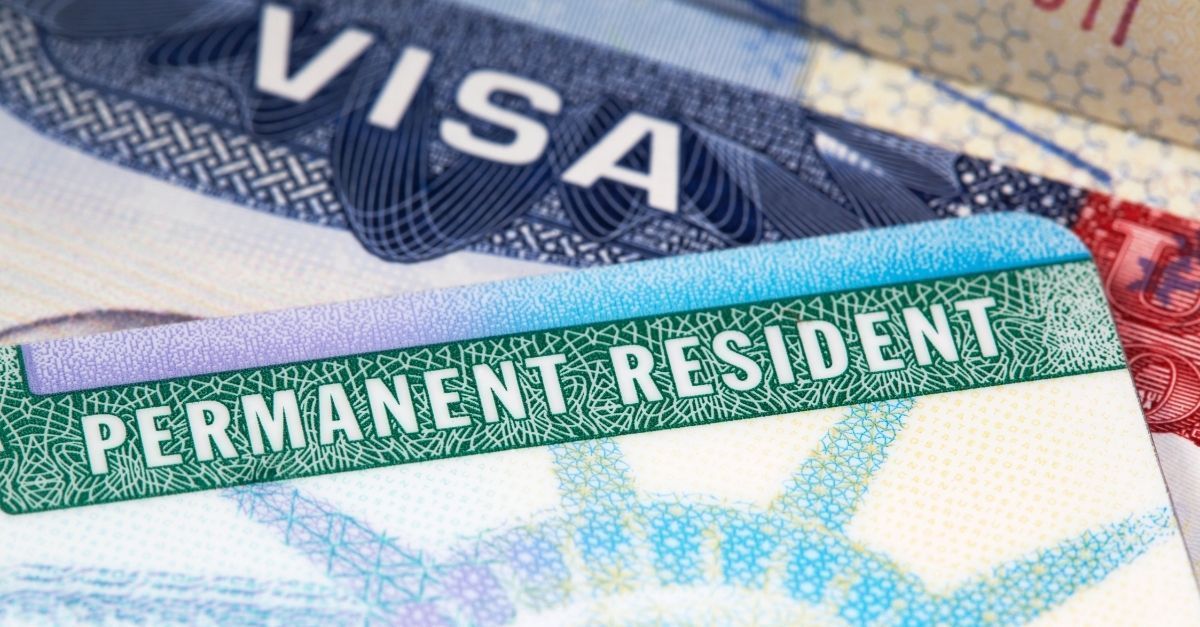Exploring Green Card Options Without Employer Sponsorship: EB-1A, EB-2 NIW and EB-5
January 26, 2024
By: Isha Atassi
Securing a green card in the United States without employer sponsorship is a challenging but achievable endeavor.
While many employment-based green card categories require a job offer and employer sponsorship, there are alternative paths for individuals who wish to pursue permanent residency independently.
This blog explores some of the options available and their specific eligibility criteria, challenges and benefits.
EB-1A Extraordinary Ability
The EB-1A category is an option for individuals who possess extraordinary ability in their respective fields, such as sciences, arts, education, business or athletics. To qualify for the EB-1A category, applicants must demonstrate “extraordinary ability” by sustained national or international acclaim and that their achievements have been recognized in their field of expertise. EB-1A applicants must establish that they have achieved such acclaim through extensive documentation.
The standard for demonstrating extraordinary ability is quite high. This category is available for those individuals who have risen to the very top of their fields. EB-1A could be a good option for individuals who can provide a record of significant accomplishments and a history of success in their field, as evidenced by awards, recognition, publications, patents, media coverage, letters of recommendation or any other relevant evidence.
Individuals may self-petition for their own EB-1A, and no specific job offer is required as long as you can demonstrate that you intend to pursue work in the U.S. in your area of expertise.
The benefit of EB-1A is that there is usually no backlog in visa availability for EB-1A applicants. While there is currently a backlog for individuals born in China and India, it is still much quicker than the more traditional EB-2 and EB-3 categories.
Applicants in the U.S. can file Adjustment of Status (I-485) applications concurrently with the I-140 when their priority date is current. This allows the applicants and their families to have the opportunity to apply for EAD (work permit) and Advance Parole (travel permit) benefits while the I-485 is pending.
EB-2 National Interest Waiver (NIW)
The EB-2 NIW is an option for individuals with advanced degrees or exceptional ability in fields that are deemed to be in the national interest of the U.S.
This category is often suitable for individuals who may not have extensive evidence to prove sustained national or international acclaim for the EB-1A category, but can demonstrate that: 1) their proposed endeavor has both substantial merit and national importance; 2) they are well positioned to advance the proposed endeavor; and 3) on balance, it would be beneficial to the U.S. to waive the requirements of a job offer and thus a labor certification.
The EB-2 NIW is a particularly good option for individuals with advanced degrees in science, technology, engineering or mathematics (STEM) fields. USCIS updated its Policy Manual in January 2022, recognizing the importance of progress in STEM fields and the essential role of persons with advanced STEM degrees in fostering this progress, especially in focused critical and emerging technologies or other STEM areas important to U.S. competitiveness or national security.
It is also a good option for an entrepreneur undertaking a proposed endeavor, including through an entity based in the U.S. in which the entrepreneur typically possesses (or will possess) an ownership interest, and in which the entrepreneur maintains (or will maintain) an active and central role such that the entrepreneur's knowledge, skills or experience would significantly advance the proposed endeavor.
One of the primary advantages of the EB-2 NIW visa is that it does not require employer sponsorship. This provides individuals with greater flexibility and autonomy in pursuing their career goals.
For employers who sponsor the EB-2 NIW, this category allows applicants to bypass the labor certification (PERM) process, expediting the application process and saving effort and advertising costs associated with the labor market test.
EB-5 Investor Visa
The EB-5 Immigrant Investor Program allows individuals to obtain a green card by making a qualifying investment in a new commercial enterprise that creates jobs for U.S. workers. Congress created the EB-5 immigrant visa category to benefit the U.S. economy by providing an incentive for foreign capital investment in commercial enterprises that create or preserve U.S. jobs.
Investors can choose between direct investment or investment through a Regional Center. Regional Center investments benefit from a more flexible job creation requirement, allowing investors to rely on indirect job creation.
On March 15, 2022, the EB-5 Reform and Integrity Act of 2022 raised the standard investment amount to $1,050,000, and $800,000 for investing in a targeted employment area (TEA). While this option requires a significant financial commitment, it provides a pathway to permanent residency without the need for employer sponsorship.
Different than EB-1A and EB-2 NIW, the EB-5 program does not have specific education or experience requirements, and applicants are not required to demonstrate any past achievement or endeavor that has national importance.
Under the EB-5 Reform and Integrity Act of 2022, an investor in the U.S. can file an Adjustment of Status (I-485) application concurrently with an I-526 or I-526E investor petition, when the priority date is current. Notably, there are currently no backlogs even for individuals born in India or China if the investment is in a high unemployment or rural project, for example, making the EB-5 program the quickest avenue for permanent residence for many individuals.
Filing the Adjustment of Status application concurrently with the investment petition allows the investor and their families to have the opportunity to apply for EAD (work permit) and Advance Parole (travel permit) benefits while the I-485 is pending.
Fragomen clients typically work with a select few regional centers to reduce any risks with capital investment, and our professionals assist with immigration-related due diligence to ensure the investor is fully informed about the project they are investing in. It is critical to conduct thorough due diligence and vet all potential investment projects in advance.
Need to Know More?
Navigating the green card process without employer sponsorship opens doors for certain individuals. The EB-1A, EB-2 NIW and EB-5 Investor Visa provide distinct paths for self-petitioning and achieving permanent residency in the U.S.
As always, consulting with an immigration attorney is crucial to understanding the nuances of each option and ensuring a successful application process.
For more information on pursuing a green card without employer sponsorship, please contact Partner Isha Atassi at [email protected] and Senior Associate Xiaodan (Susan) Song at [email protected].
This blog was published on January 26, 2024, and due to the circumstances, there are frequent changes. To keep up to date with all the latest updates on global immigration, please subscribe to our alerts and follow us on LinkedIn, X, Facebook and Instagram.















